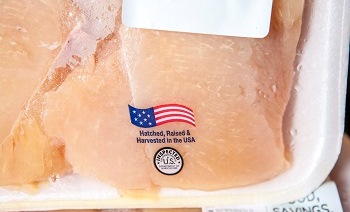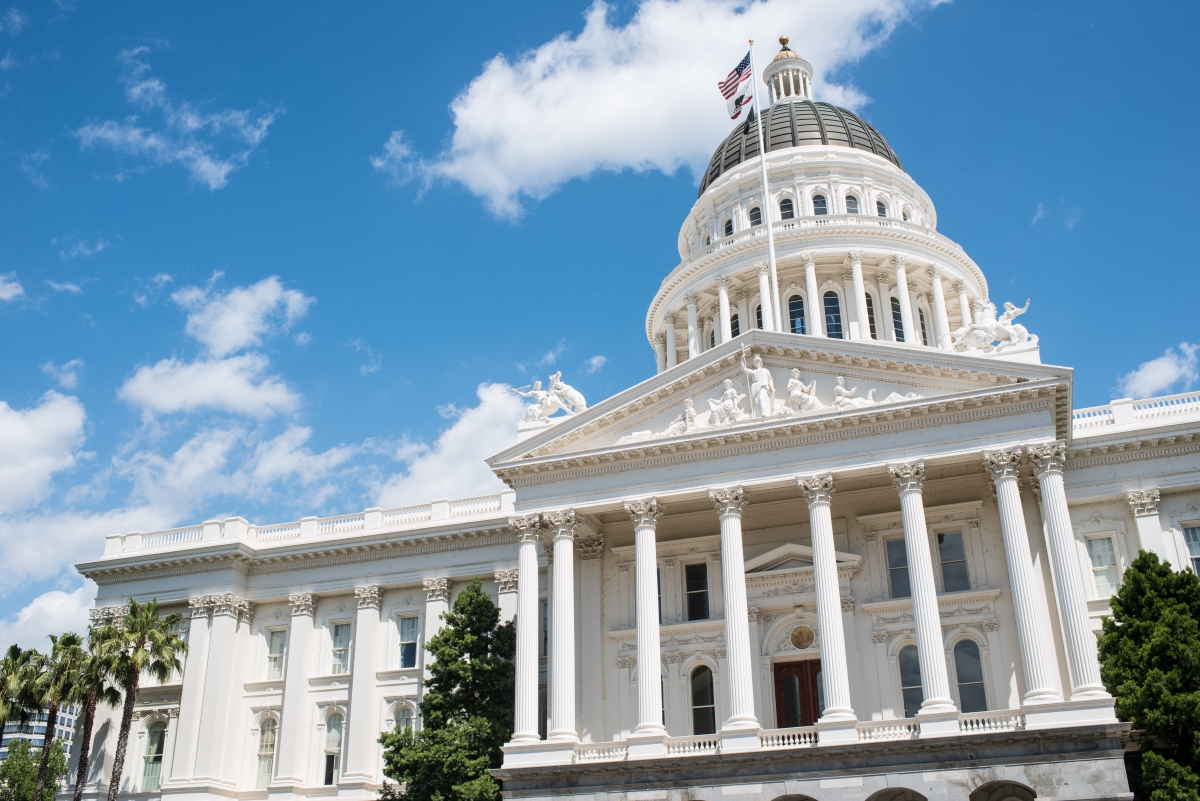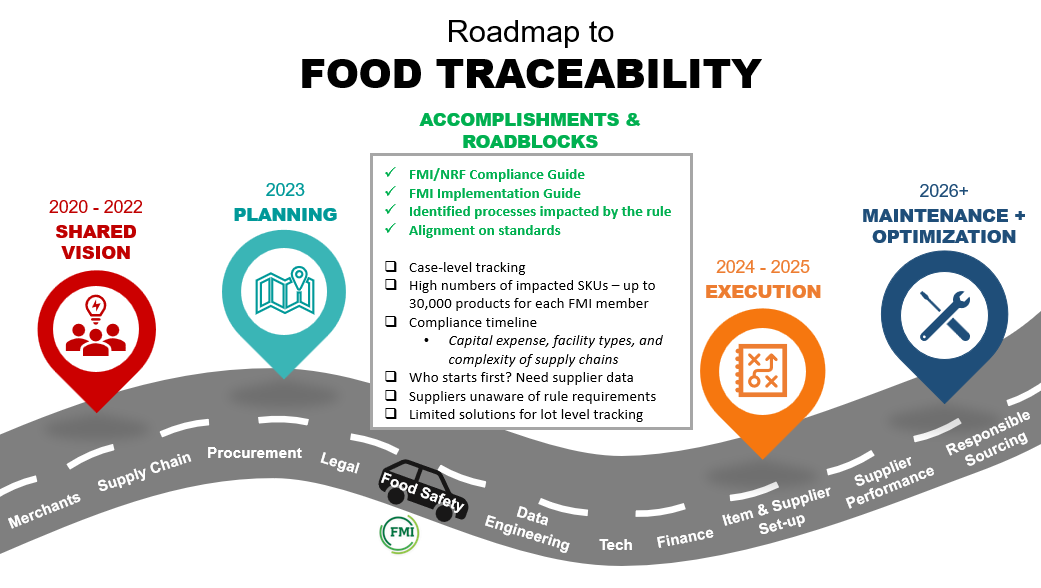By Andrew Harig, Director of Government Relations, Food Marketing Institute

Back in May, the World Trade Organization (WTO) found - for the fourth time - that significant portions of the United States’ Country of Origin Labeling (COOL) law violate our international trade commitments. Canada and Mexico, who brought the case to the WTO, are now entitled to impose tariffs against U.S. exports to compensate for the damage done by COOL. The U.S. has run out of appeals; Congress has recognized this, and begun the process of reforming COOL. In June, the House passed the Country of Origin Labeling Amendments Act of 2015 (H.R. 2393) on an overwhelming bipartisan vote of 300-131. The Senate is currently working to figure out its own response to the WTO decision.
Perhaps the most frustrating part of this process – which has dragged on for more than six years – is that some of COOL’s most vociferous supporters are expressing surprise at this turn of events. For the food wholesale and retail community, the WTO’s decision is not surprising at all – we predicted this very outcome as far back as 2002, when Congress passed country of origin labeling into law. It was clear from the start that COOL was poorly designed and violated our obligations under the rules-based global trading system.
Unfortunately, the COOL law also replaced the industry’s efforts to provide innovative and effective labeling with a one-size-fits-all approach that offered few benefits. An April 2015 analysis of COOL by the U.S. Department of Agriculture’s Office of the Chief Economist found that, “while there is evidence of consumer interest in COOL information, measurable economic benefits from mandatory COOL would be small.” USDA also found, “little evidence that consumers would be likely to increase their purchases of food items bearing U.S.-origin labels.”
Three independent economists commissioned by USDA to provide background analysis for the agency’s study – Dr. Glynn Tonsor and Dr. Ted Schroeder of Kansas State University and Dr. Joe Parcell of the University of Missouri – drew an even stronger conclusion, finding, “substantial economic damage to producers, packers, retailers, and consumers from implementation of MCOOL in 2009 and losses which further increased with modifications contained in the 2013 rule. There is no evidence of offsetting benefits associated with consumer demand increases from MCOOL implementation. On the contrary, consumers lost because they now face higher retail beef and pork prices….”
Clinging to a failed program in the face of the economic harm that Canadian and Mexican tariffs will cause makes no sense. Congress needs to complete its work and reform COOL once and for all; failing to do so damages the United States’ leadership in the rules-based trading system and threatens real harm to U.S. jobs and businesses.
It is also vital that we learn the lessons of COOL and seek to avoid making the same mistakes. COOL has simply not functioned as its authors hoped. Rather than trusting the two groups best-positioned to address interest in labeling – consumers and retailers – the government decided it knew best and intervened in the market. The COOL law did not solve any problems, it created new ones.
Government agencies looking to regulate the food retail industry - such as the Food and Drug Administration’s (FDA) push to impose restaurant-style menu labeling - would do well to look at the last six years of battles in the WTO and learn from Congress and USDA’s mistakes. The best way to achieve progress on an issue is not to impose new regulation, but to create new opportunities for wholesalers, retailers and consumers to collaborate to address everyone’s needs. That is the lesson of COOL.


 Industry Topics address your specific area of expertise with resources, reports, events and more.
Industry Topics address your specific area of expertise with resources, reports, events and more.
 Our Research covers consumer behavior and retail operation benchmarks so you can make informed business decisions.
Our Research covers consumer behavior and retail operation benchmarks so you can make informed business decisions.
 Events and Education including online and in-person help you advance your food retail career.
Events and Education including online and in-person help you advance your food retail career.
 Food Safety training, resources and guidance that help you create a company food safety culture.
Food Safety training, resources and guidance that help you create a company food safety culture.
 Government Affairs work — federal and state — on the latest food industry policy, regulatory and legislative issues.
Government Affairs work — federal and state — on the latest food industry policy, regulatory and legislative issues.
 Get Involved. From industry awards to newsletters and committees, these resources help you take advantage of your membership.
Get Involved. From industry awards to newsletters and committees, these resources help you take advantage of your membership.
 Best practices, guidance documents, infographics, signage and more for the food industry on the COVID-19 pandemic.
Best practices, guidance documents, infographics, signage and more for the food industry on the COVID-19 pandemic.
